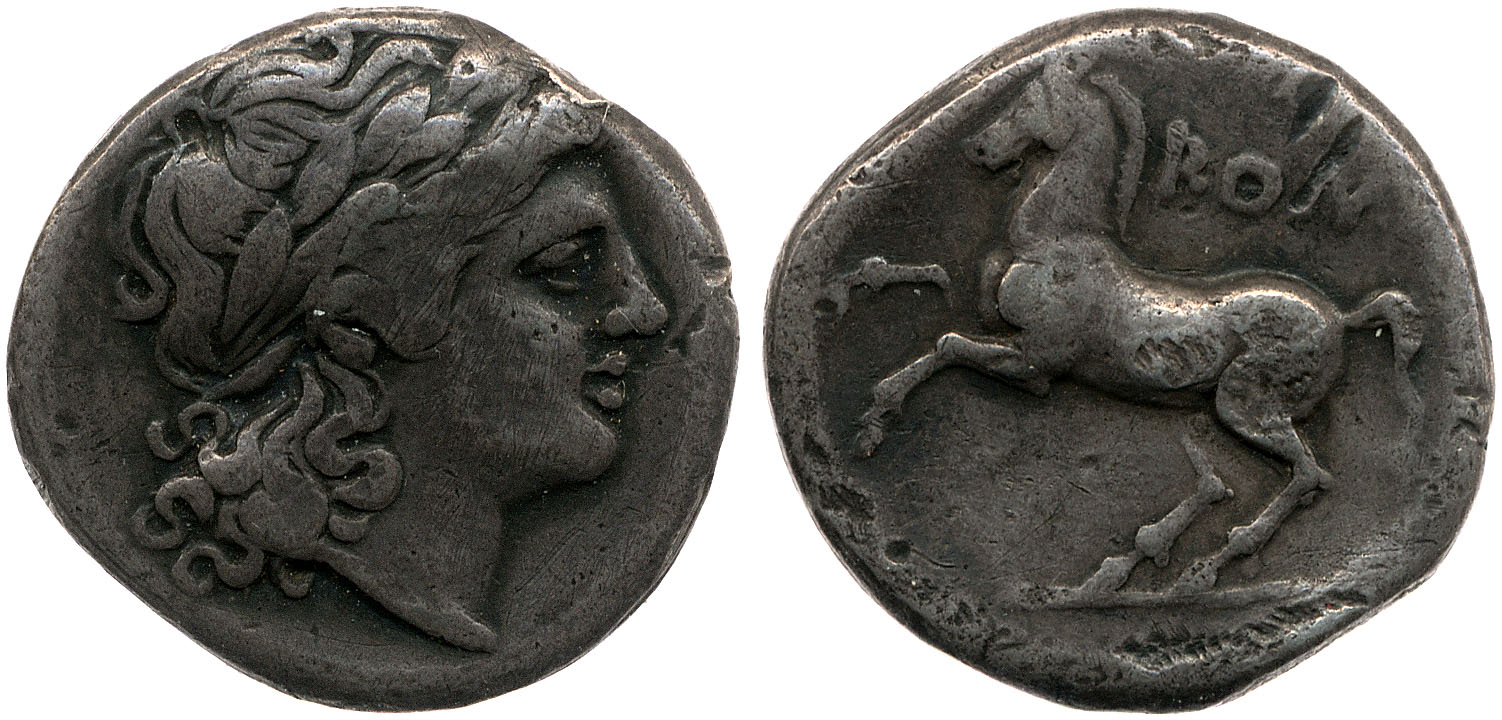CLU33211 Explaining The World

When Polybius of Megalopolis began to write his Histories in the middle of the second century BCE, he was inspired by the fact that his world – the Mediterranean World – seemed to have been completely transformed in the space of the last fifty-three years (220 – 168/7 BCE). The chief actors were the Romans, who had suddenly and comprehensively exerted their dominance. Polybius said that they had transformed the history of the Mediterranean from a series of independent stories to one universal story: Roman rule. In this module we will examine this time period through the witnesses of this transformation (Polybius, Cato the Elder, and others), and through a series of frameworks they applied to try to understand it (religious, cultural, philosophical, and historical). The witnesses not only tried to explain the world as it now was – dominated by Rome – but tried to explain the Romans to the rest of the world. Who were they? How had they succeeded?
This period raises fascinating questions of cultural interaction and diversity, and of power, justice, and freedom. Through it, we will question how narratives are created and who they serve.
This period raises fascinating questions of cultural interaction and diversity, and of power, justice, and freedom. Through it, we will question how narratives are created and who they serve.
- Module Organiser:
- Dr Hannah Mitchell
- Duration:
- Semester 1
- Contact Hours:
- 27 (22 lectures, 5 seminars)
- Weighting:
- 10 ECTS
- Assessment:
- Group Presentation 30%, Essay 40%, Open-book exam 30%
- Course Open To:
Learning Outcomes
On successful conclusion of this module, students should be able to:
- Demonstrate sound knowledge of the history, geography, culture, and society of the middle Roman Republic and its Mediterranean context.
- Analyse critically the primary sources relevant to this module.
- Evaluate the major theoretical approaches, debates, and scholarship relevant to the module topic.
- Discuss the above, both orally and in writing, in a clear and scholarly manner. LO5. Work effectively in small groups.

